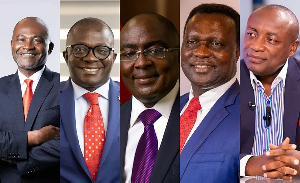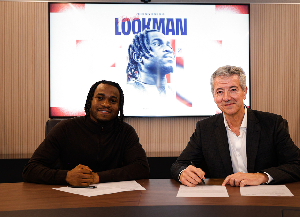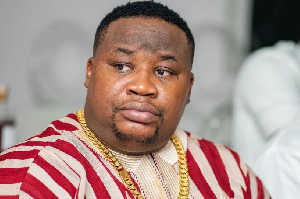Manifestoes, usually known as Political party platforms in the United States especially, are a set of principle goals which are supported by a political party or an individual candidate, in order to appeal to the general public for the purpose of garnering support and votes from the general public.
Manifestoes are usually launched publicly amidst the ‘funfair’, publicity and general public excitements. They are also usually published, accessible and available to the general public.
The big question is, ‘Do manifestoes really win votes in Ghana? Or elections are just won when a candidate’s time is up?
One may not be entirely wrong to accept the latter. This is premised on happenings in the Ghanaian politico-electoral space since 1992.
Fresh or first-time presidential candidates have never won against any sitting president, despite their party’s fine ideas and vision, couched in manifestoes. That is why one may not be far from the truth to say that Ghanaians consider other factors apart from the carefully crafted manifesto ideas.
In 1992, Professor Adu Boahen of the NPP contested against the sitting dictator- turned constitutional leader, J.J. Rawlings and lost, despite all the fine ideas from the NPP side.
In 1996, J.A.Kuffuor led the N.P.P to contest against the sitting president, J.J.Rawlings but lost to the incumbent leader.
In 2004, John Evan Atta Mills contested the sitting president; J.A .Kuffuor but lost despite his lofty manifesto promises.
In 2012, Nana Akufo-Addo contested the sitting president, John Dramani Mahama and lost despite the much-touted free SHS manifesto promise.
Nana Akufo-Addo contested again in 2016, against the sitting president, and was given the chance by Ghanaians. Was he allowed because his time had come? Or the manifesto free SHS promise had now sunk with the electorates?’
The above analysis does not in any way suggest that the ruling parties in those instances, did not put forward good or ‘selling’ manifestoes.
The point is, by a deeper analysis of elections in Ghana since 1992, one will find out that opposition political parties, usually make the most ‘politically appealing and somewhat populist’ promises in their manifestoes, compared to the incumbent political parties.
The 2020 presidential election will be unique. This is because we are having for the first time, a sitting president being contested not by a fresh candidate or presidential novice, but a former president, who has equal or even higher experience, relative to the high office of the land.
The two main political parties, NDC and NPP, have duly launched their detailed manifestoes with fine promises and ideas for Ghana’s transformation. Colourful events were held at separate venues to launch manifestoes respectively.
Will Ghanaians vote for the NPP or NDC necessarily based on their manifestoes in the 2020 general election?
Will the ‘Peoples manifesto’ thrive over the ‘manifesto of leadership of service’ in the upcoming election? Or they will be told by Ghanaians to persevere till their time come?
Opinions of Saturday, 17 October 2020
Columnist: Nana Osei Boateng















